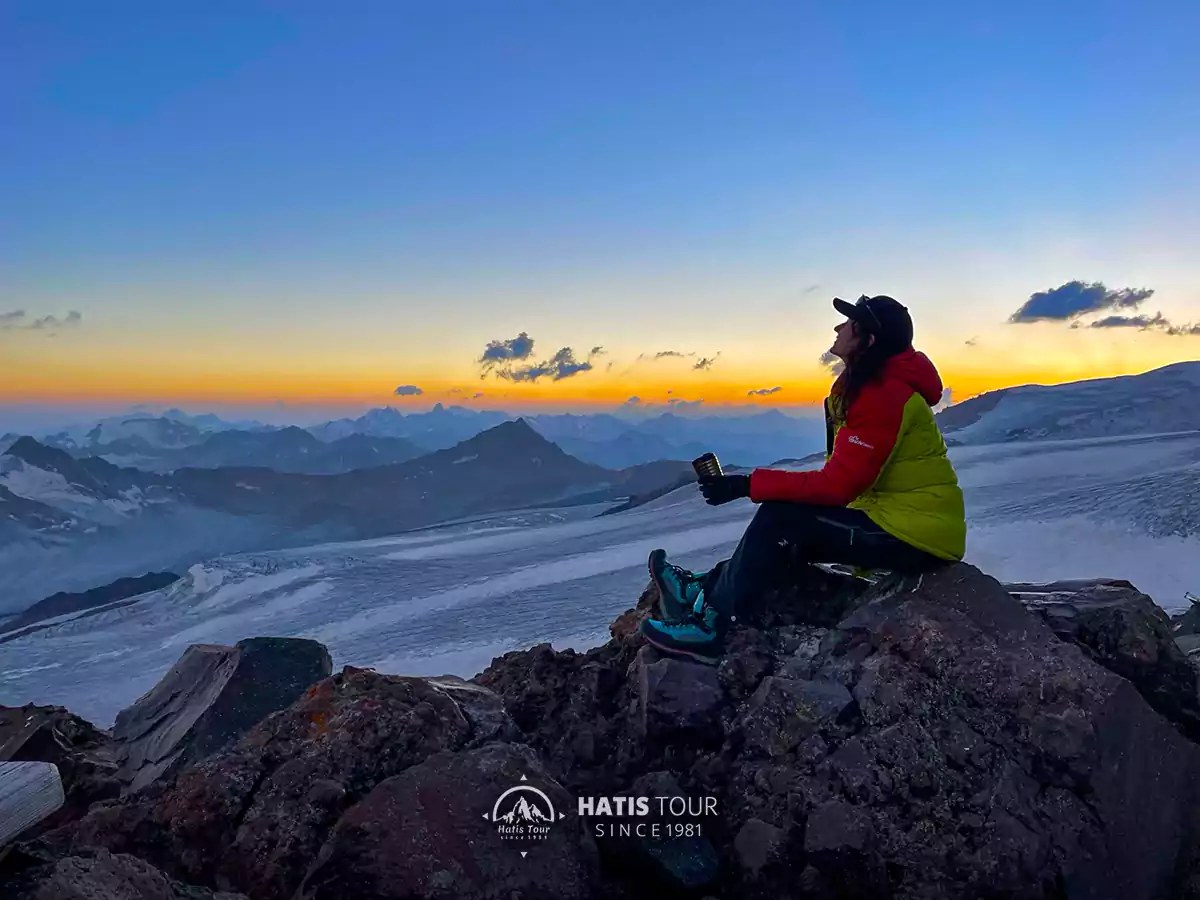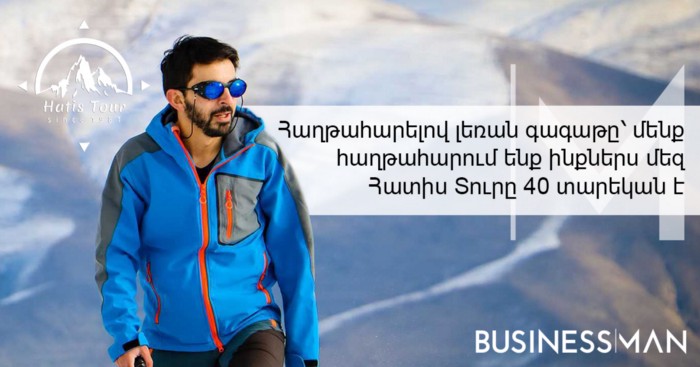.webp)
Physical fitness plays an important role in successfully climbing a mountain and that is why it accounts for approximately 30 % of success. Training helps the body adapt to the physical demands and conditions associated with mountain climbing. First, physical training helps strengthen the cardiovascular system and increase endurance, which is especially important when working in low-oxygen conditions typical of high mountain areas.


.webp)
.webp)
.webp)
.webp)
.webp)
.webp)
.webp)









.webp)
.webp)
.webp)
.webp)
.webp)
.webp)


Leave a comment